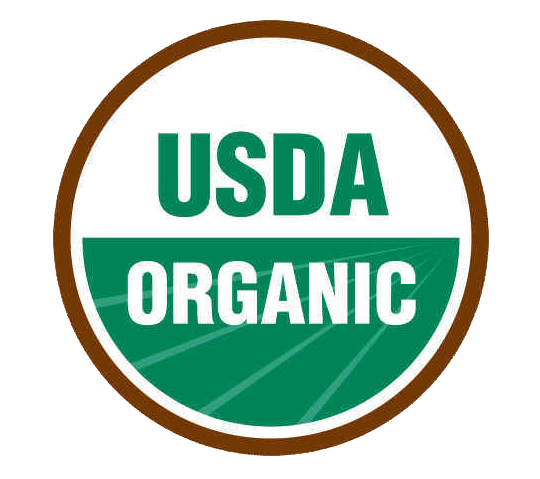Wednesday, May 4, 2016 - Organic food has the reputation of being expensive —about 47% higher, according to a recent analysis from Consumer Reports. However, a new study, published in Nature Plants, compared organic farming to the conventional kind and found that organic offers a lot of good that outweighs its sticker shock.
John Reganold, professor of soil science and agroecology at Washington State University and co-author of the new study, analyzed 40 years of available data and focused on how organic farming impacts several types of sustainability: productivity, impact on the environment, economic viability and social wellbeing.
Here are some observations gleaned from the report:
- Organic agriculture has been able to provide jobs, be profitable, benefit the soil and environment and support social interactions between farmers and consumers.
- In some ways, there are practices in organic agriculture that are ideal blueprints for us to look at feeding the world in the future. At first, this might sound unlikely, given that the crop yields of organic agriculture are typically 10-20% lower than conventional. Organic growers are not allowed to use synthetic fertilizers to stimulate growth. Their focus is on building soil and healthy crops.
- Another study points out that of the 15 or so scientific reviews focusing on nutrition, 12 studies have found evidence that organic is more nutritious than conventional by having more vitamin C, antioxidants and omega-3 fatty acids.
- Other studies indicate that children who eat organic foods have lower levels of pesticide metabolites in their bodies than those who eat conventional.
- In 1997 less than 1% of the food and beverage market was organic, and now it’s 5%.
- Reganold found that organic yields are consistently greater than conventional during periods of drought. Organic soil holds more water. For every inch of rainwater soaked up by soil, a plant can produce another 7-8 bushels of wheat.
- Organic agriculture has great value in areas like biodiversity, pollination, and soil quality, which some researchers say more than makes up for the higher price of organic food.
- Organic farming typically uses less energy.
- A 2015 report published in the journal PNAS determined that organic farming is more profitable than conventional, earning farmers 22% to 35% more money.
The study concludes, “The challenge facing policymakers is to create an enabling environment for scaling-up organic and other innovative farming systems to move towards truly sustainable production systems. This is no small task, but the con- sequences for food and ecosystem security could not be bigger.”
Learn more at this link.